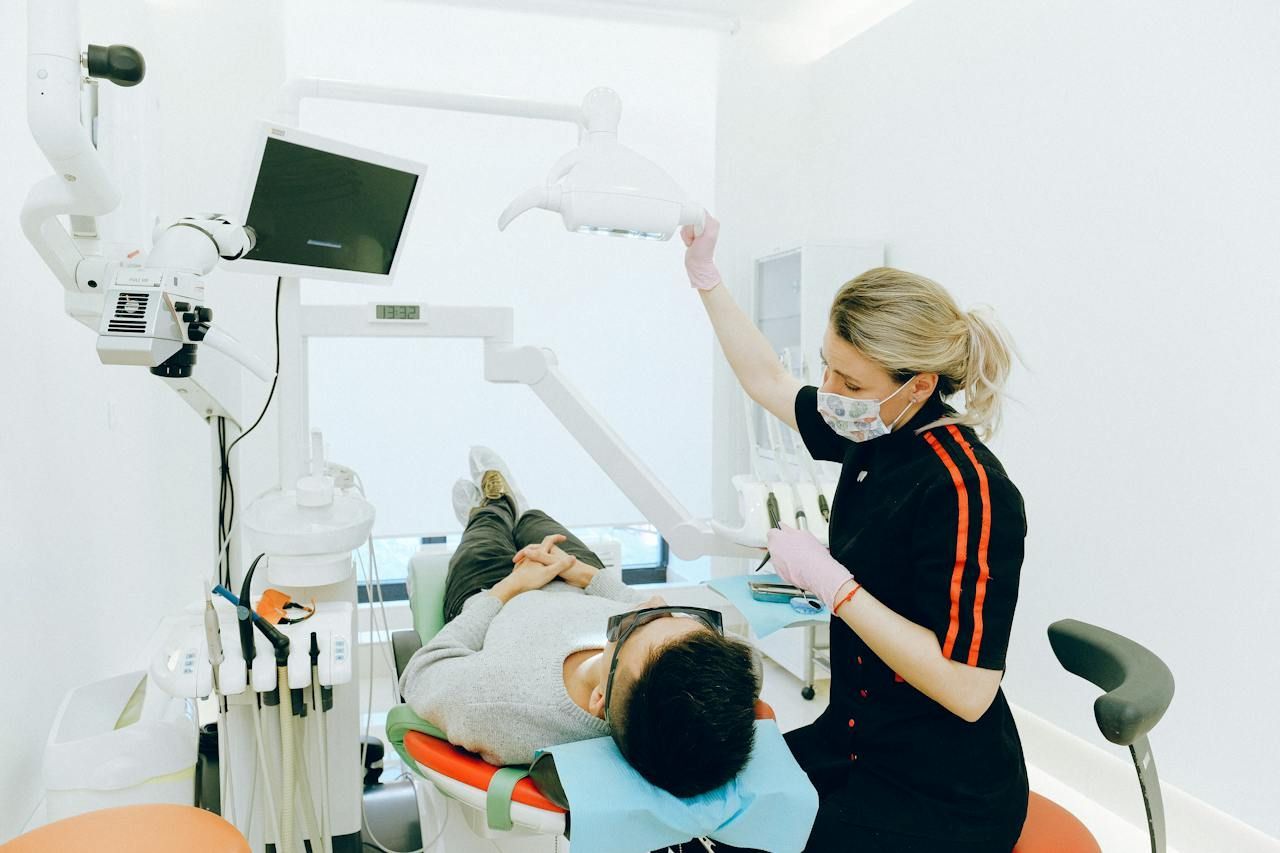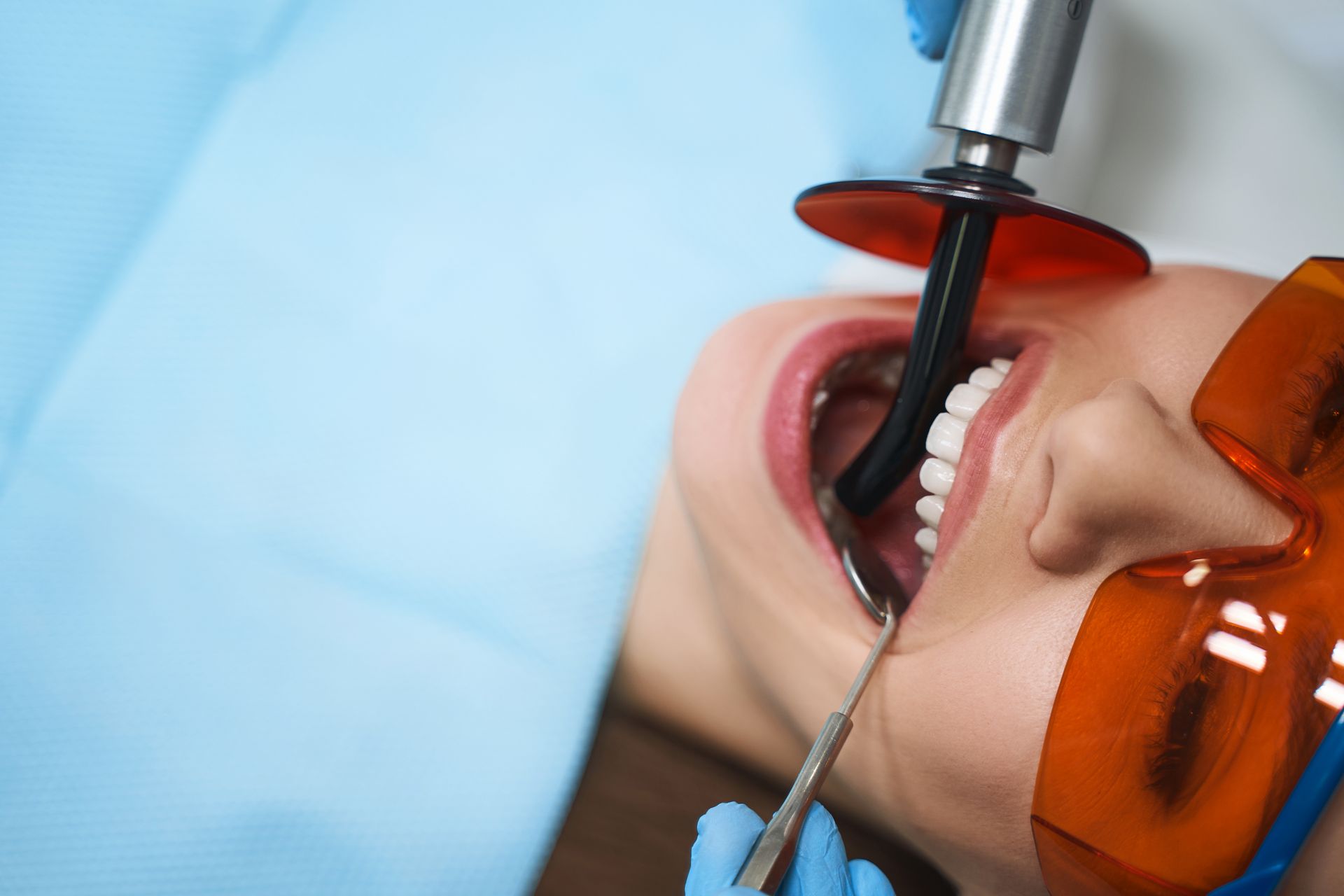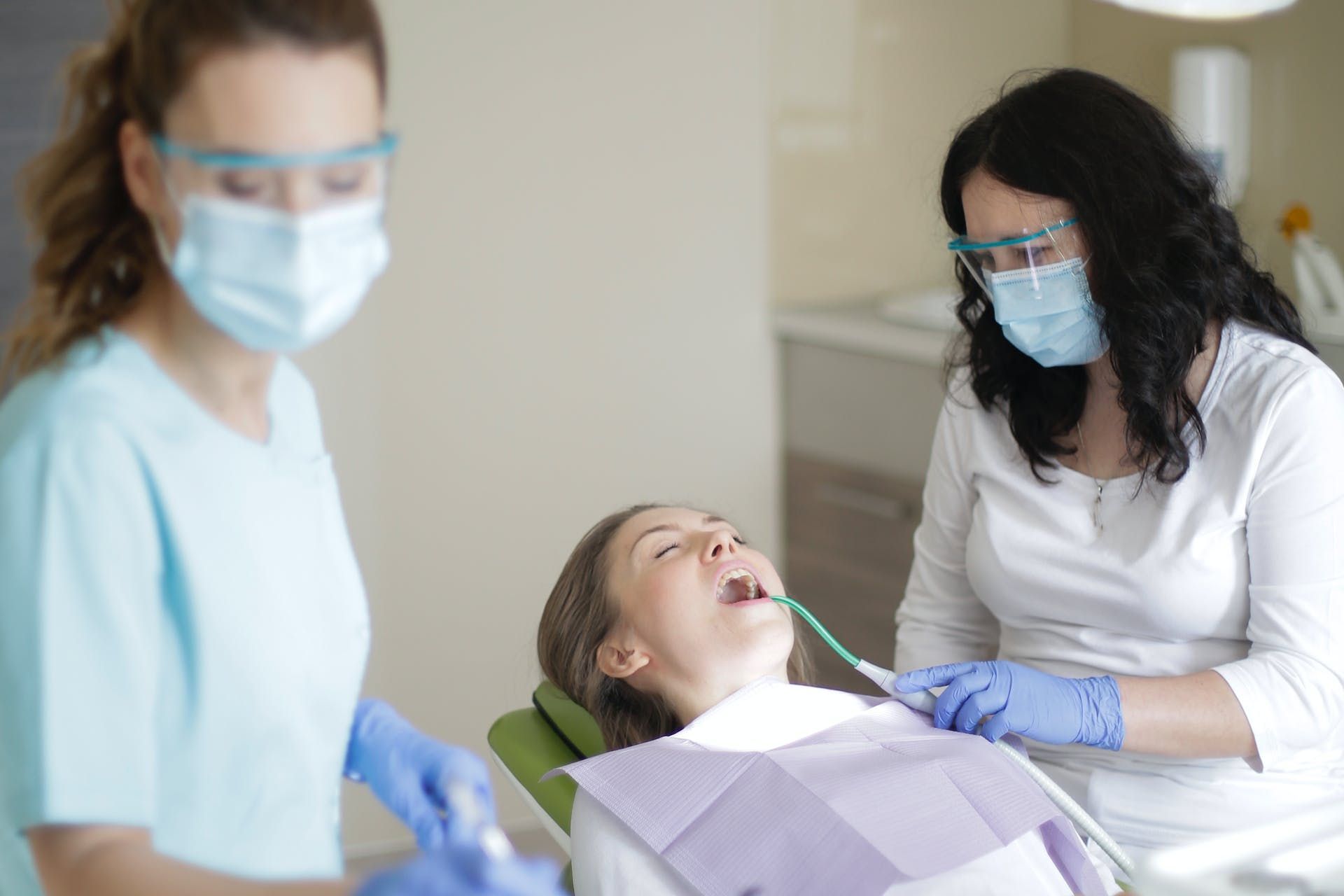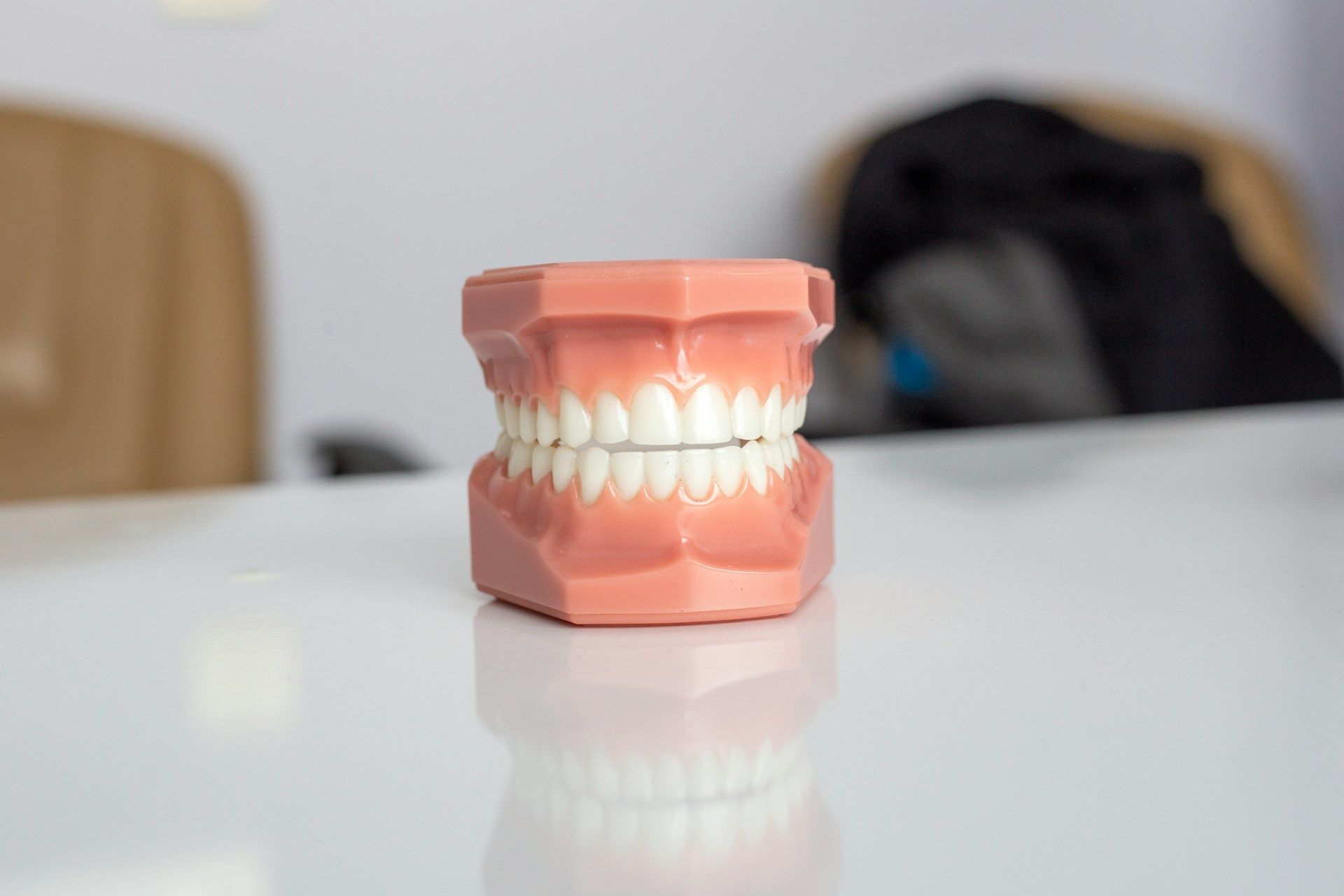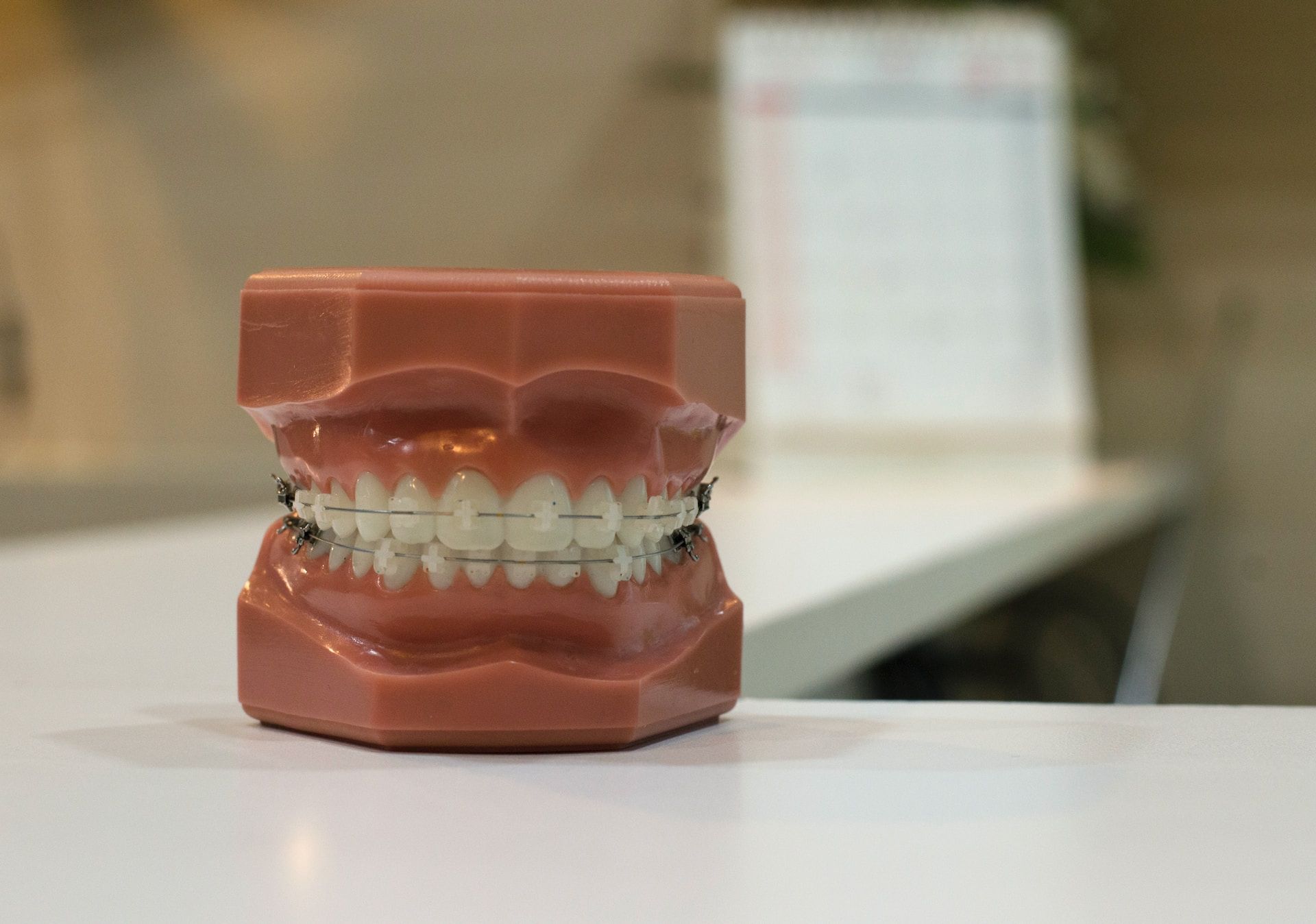Foods That Reflect on Your Oral Health and Tips to Prevent Dental Issues
Diet plays a crucial role in maintaining optimal oral health. Consuming a balanced, nutrient-rich diet not only keeps your teeth and gums strong but also serves as a preventive measure against potential dental issues. At Dr. Kay Kalantari Kennesaw Braces + Cosmetic Dentist, we are committed to providing comprehensive dental care to Kennesaw residents while empowering them with valuable insights into the links between diet and oral health.
From acidity to sugar content, certain foods can negatively affect your oral health, leading to dental problems, such as tooth decay, gum disease, and enamel erosion. Although treating dental issues with professional dental care is crucial, making conscientious choices regarding your daily diet and implementing healthy habits can significantly help maintain your dental well-being.
This informative and educational blog will discuss six common foods that can potentially harm your dental health and provide practical suggestions for mitigating their impact. By enhancing your understanding of how food choices affect oral health, this article will inspire you to adopt mindful eating habits, practice proper oral hygiene, and ultimately protect your teeth and gums from long-term damage. With the expert guidance of Dr. Kay Kalantari Kennesaw Braces + Cosmetic Dentist, you can feel empowered to take control of your dental health for a brighter, stronger, and healthier smile.
1. Sugary Snacks: Cavities' Best Friends
Sweet treats like candies, cookies, and pastries are high in sugar content, which can lead to tooth decay by feeding the harmful bacteria in our mouths. As bacteria consume sugar, they produce acids that demineralize tooth enamel, making it more susceptible to cavities.
To minimize the impact of sugary snacks on your oral health, consider limiting your consumption of these treats and substituting them with healthier alternatives like fresh fruits or sugar-free gum. After consuming any sugary item, make sure to brush your teeth afterward or rinse your mouth with water to wash away lingering sugars and acids.
2. Acidic Beverages: Enamel Erosion Dealers
Acidic beverages like soda, energy drinks, and citrus juices can wear down tooth enamel over time, making teeth more prone to sensitivity and decay. The citric acids found in many fruit juices can be especially detrimental to dental health, as they directly erode tooth enamel and create a more favorable environment for decay.
Rather than consuming highly acidic beverages, opt for water, milk, or herbal tea as healthier alternatives. Using a straw to drink acidic beverages can also help reduce their contact with your teeth. Ensure that you rinse your mouth with water after consuming acidic food or drink to neutralize the acids and protect your enamel.
3. Sticky Foods: The Hard-to-Remove Culprits
Sticky, chewy foods like dried fruits and gummy candies adhere to the surface of your teeth and can be challenging to remove, even with regular brushing. This stickiness provides a prolonged source of sugar for bacteria and can increase the potential for tooth decay.
When snacking on sticky foods, try to consume them during a meal, as increased saliva production can help wash away food particles and prevent prolonged bacterial feeding. Brush your teeth after eating sticky foods to ensure effective removal and protect your teeth.
4. Starch-Based Foods: Sneaky Sources of Sugar
Starchy foods like bread, pasta, and potato chips might not be overtly sweet, but they can still contribute to tooth decay. As saliva breaks down starches, they turn into simple sugars, which can then feed harmful oral bacteria.
To minimize the potential harm from starches, choose whole-grain alternatives for bread, pasta, and cereal, as they contain less refined starch. Incorporate fibrous, crunchy fruits and vegetables like apples, celery, or carrots into your diet, as they can help clean teeth naturally and stimulate saliva production, washing away lingering sugars.
5. Alcohol and Coffee: The Dry Mouth Duo
Both alcohol and coffee consumption can lead to dry mouth, a condition characterized by reduced saliva production. Saliva plays an essential role in neutralizing acids, remineralizing tooth enamel, and washing away food particles, so a decrease in saliva can negatively impact your oral health.
To counteract the drying effects of alcohol and coffee, make sure to drink plenty of water throughout the day. Chewing sugar-free gum or sucking on sugar-free candy can also help stimulate saliva production and keep your mouth hydrated.
6. Hard Foods: The Cracked-Tooth Catalysts
Hard foods like ice, hard candies, and nuts can pose a risk for your teeth by causing cracks or chips. Additionally, habitually chewing on non-food items, such as pens and pencils, can lead to similar damage.
When it comes to hard foods, it's best to consume them mindfully by breaking them into smaller pieces before eating. Avoid using your teeth as tools, and opt for a good-old-fashioned nutcracker instead.
Conclusion
While it's crucial to be aware of the potential effects of these food categories on your oral health, it doesn't mean you have to avoid them completely. The key lies in implementing a balanced diet and adhering to proper oral hygiene practices, such as brushing twice daily, flossing regularly, and seeing your dentist for routine checkups.
At Dr. Kay Kalantari Kennesaw Braces + Cosmetic Dentist, we believe that education and prevention go hand in hand. By understanding the connections between diet and oral health, you can make smarter choices for your teeth and achieve lasting dental well-being. Schedule an appointment today for personalized care, comprehensive advice, and the tools you need to maintain your brightest smile. For quality dental care and
cosmetic dentistry, schedule an appointment with us today.









